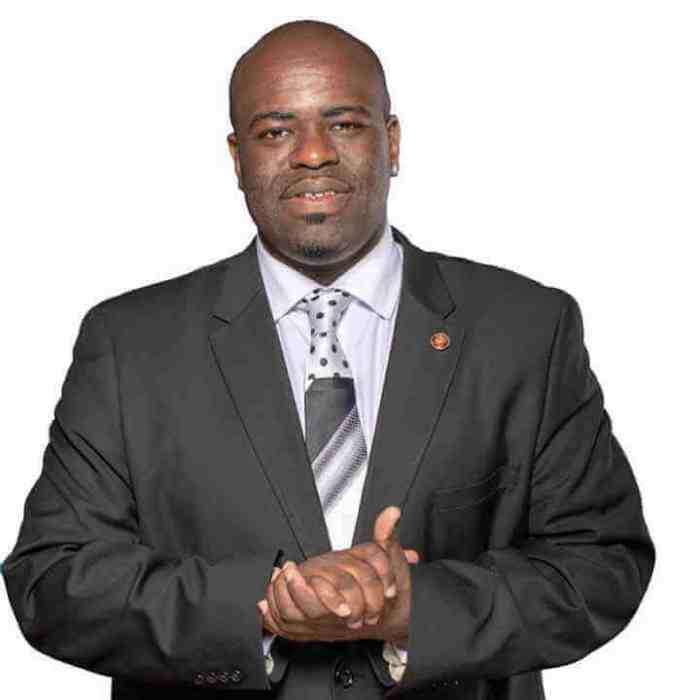SYDNEY (Reuters) – Australia’s prudential and corporate regulators are checking the contingency plans of banks and other financial institutions to prepare for a potential coronavirus pandemic which could severely disrupt economic and financial systems.
Prime Minister Scott Morrison said on Thursday there was every sign the world was about to be gripped by a pandemic of coronavirus, and Canberra triggered emergency measures to restrain the spread of the disease.
The Australian Prudential Regulation Authority (APRA) said it had contacted the banks, pension funds and insurers that it oversees to make sure they had adequate plans in place.
“APRA is also liaising with entities to gain a deeper understanding of current or potential future impacts on their businesses related to coronavirus, as we continue to monitor developments,” the regulator said in a statement.
Banks have been in talks with APRA for much of February as outbreak spread around the world from China, two people familiar with the talks said.
A spokesman for Westpac Banking Corp
Representatives for the other three banks that dominate the sector, Commonwealth Bank of Australia
The chair of the Australian Securities and Investment Commission (ASIC) told a parliamentary committee that “significant market participants” had been contacted to check on their business continuity plans, and that the watchdog was monitoring market disclosures of listed firms.
Deloitte Access Economics estimated the coronavirus could cost the Australian economy up to A$5.9 billion ($3.9 billion) in the first half of the year as measures to combat the rapid global spread hit the major export sectors of education, tourism and mining.
Australia’s stock market has fallen around 10% this week, caught in a global sell-off.
The economic fallout also means Morrison’s government might be unable to keep its election promise of delivering the first budget surplus in over a decade.
($1 = 1.5161 Australian dollars)
(Reporting by Paulina Duran in Sydney; Editing by Lincoln Feast.)




















